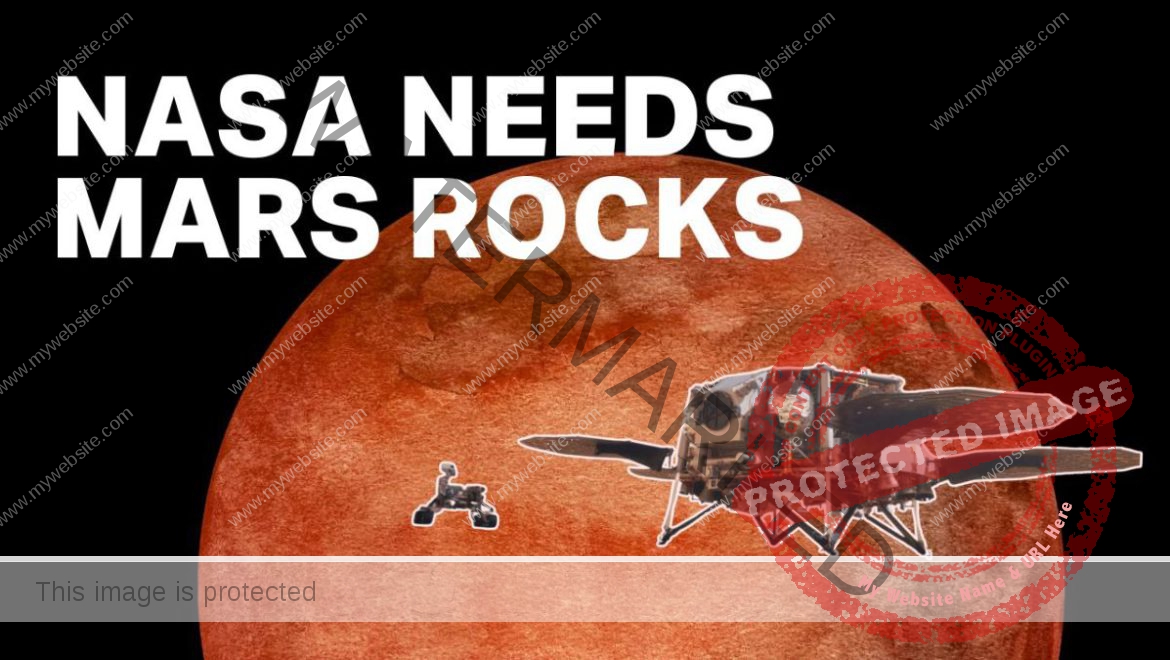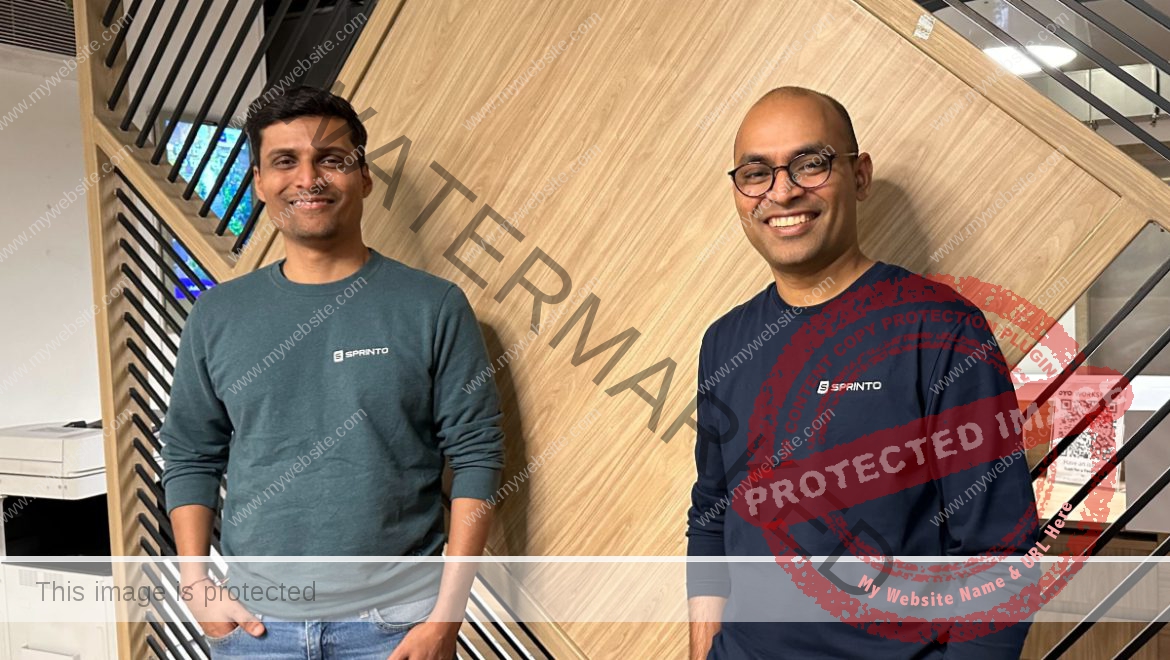NBA champion Kyle Kuzma looks to bring his team mentality to Scrum Ventures | TechCrunch
Kyle Kuzma is a lot of things. He’s a forward for the Washington Wizards NBA team and a 2020 NBA champion. He’s also a style icon — depending on who you ask — and an angel investor. Now he’s an adviser at a venture fund too.
“I’m part of a new generation of the NBA,” Kuzma told TechCrunch in a phone interview. “For me, I’ve always been a hustler and somebody that is very interested in business and doing things just to set up my family’s generational wealth. I think getting into venture is only going to take that to a different stratosphere.”
Kuzma, 28, joined early-stage-focused Scrum Ventures in March as an adviser to help with the firm’s sports and entertainment fund, which is targeting $120 million. The partnership started in January when Kuzma’s agent, Austin Eastman, was connected to Scrum managing director and partner Michael Proman. Kuzma said he was impressed with Scrum’s team. Proman said the positive sentiment was mutual.
“The thing about Kyle is, I personally didn’t really even understand how extensive his interests were in the venture space until after getting introduced,” Proman, a former NBA employee on the business development team, said. “Kyle is really interested in understanding the venture playbook but more so from the venture side.”
Proman said Scrum’s sports fund, where Kuzma will be helping, is a little different than other sports-focused VC funds, because it focuses on tech that could be useful to athletes or enterprise sports customers and is also applicable to other industries. Ozlo Sleepbuds is a good example. The company makes earbuds to help people sleep better. While sleeping well is incredibly important for athletes, it’s important far beyond professional sports too. Scrum participated in the company’s $6 million seed round earlier this year.
Scrum’s broad approach to sports tech makes Kuzma a good adviser, as opposed to another NBA player, Proman said, because Kuzma has already invested across several sectors. Kuzma started angel investing in 2020 and has built up a portfolio that includes soda alternative Lemon Perfect, which has gone on to raise an additional $67.8 million in venture capital; consumer data company, Surf; and watch marketplace, Bezel.
“His investment portfolio is pretty diverse; it’s not just your classic sports tech,” Proman said. “There are a lot of folks out there that want to invest into what they do 24/7, and while they may be great at providing insights and analysis of those technologies, in many cases those aren’t venture-backable technologies.”
Kuzma said he plans to be a hands-on investor, and while he knows a name like his could be a marketing boon for the companies he works with, he said he doesn’t just want to rest there and would rather use his status to help companies expand their network using his connections. He also thinks his experience playing basketball makes him a good fit as a VC because he’s used to working in a competitive environment where you don’t succeed unless you work as a team.
“I bring a competitive nature,” he said. “When you play sports at the highest level like the NBA, you are playing chess and not checkers. We are smart; we are not just athletes. We are not just people that play sports and not do anything else.”
Kuzma’s presence has already proved beneficial for the firm, Proman said, as working with an athlete like Kuzma has led to an uptick in inbound interest in the firm. Good inbound interest — he clarified.
Kuzma isn’t the first NBA player to get involved with venture capital. Kevin Durant’s family office, 35V, invests heavily in startups. Steph Curry is the anchor LP of Penny Jar Capital. Former players like Andre Iguodala and Michael Redd have taken more formal roles in the industry, too, by launching firms of their own, Mosaic and 22 Ventures, respectively. Kuzma is the latest NBA player to dive into venture, but he likely won’t be the latest for long.
“Joining Scrum Ventures is really exciting for me,” Kuzma said. “I want to further my portfolio and just my reach in the VC world. As athletes, they always tell you to diversify your portfolio as much as you can. This is the next iteration of me as an entrepreneur.”













